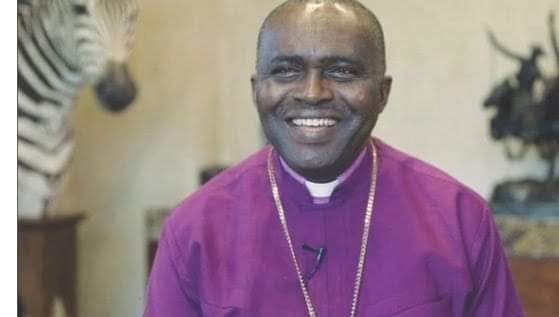
Britain’s new prime minister will be announced on Sept. 5, with the first votes to begin eliminating candidates in a crowded and increasingly unpredictable, and divisive contest to replace Boris Johnson coming this week.
So far 11 candidates have thrown their hats in the ring to succeed Johnson as leader of the ruling Conservative Party and prime minister after he quit following a dramatic rebellion by his own lawmakers and ministers after a series of scandals.
The 1922 committee of Conservative members of parliament (MPs) which organises the leadership contest said hopefuls would need at least 20 nominations from the party’s 358 lawmakers to even proceed to the first round of votes on Wednesday.
Anyone who then received less than 30 votes will be eliminated before another vote follows on Thursday. Nearly all the contenders have promised extensive tax cuts to win over the support of their colleagues.
“I am very keen we get this concluded as smoothly, cleanly, and rapidly as possible,” said Graham Brady, the committee’s chair.
The field will be whittled down to a final two candidates by lawmakers, before a postal ballot of the Conservative Party’s members, who number fewer than 200,000, takes place over the summer.
A poll for the Conservative Home website on Monday found former defence minister Penny Mordaunt was the most popular with members, followed by equalities minister Kemi Badenoch and Rishi Sunak, whose resignation as finance minister helped bring down Johnson.
“There seems to be a quite a big field at the moment, a lively contest,” Brady said. “I hope we will have a very constructive contest, but (also) a really good opportunity for a proper, healthy, constructive debate about the future direction of the Conservative Party.”
The battle to secure the top job comes after one of the most tumultuous periods in modern British political history, when more than 50 government ministers and aides quit, denouncing Johnson’s character, integrity and inability to tell the truth.
The new leader will also have to reverse evaporating support for the Conservatives. A survey by Savanta ComRes on Monday put the opposition Labour Party at 43% compared with 28% for the Conservatives, its biggest poll lead since 2013.
The succession contest has already become personal.
Former finance minister Sajid Javid, another of the candidates, criticised what he called “poisonous gossip” and “attack memos” delivered by some colleagues over the weekend.
“This isn’t the ‘House of Cards’ or the ‘Game of Thrones’, and the people who are here just because they enjoy the game, they are in the wrong place,” he said. “This is a time for pulling together, not apart.”









